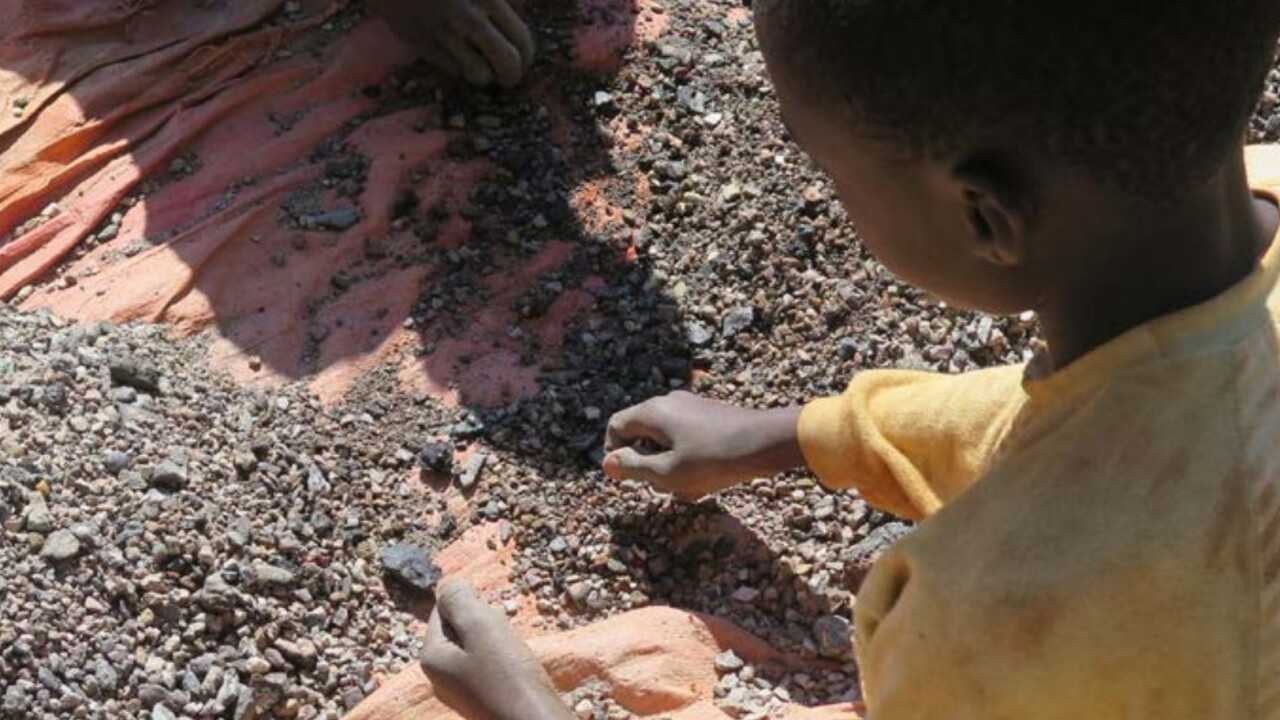
The Democratic Republic of Congo is home to the world’s largest source of cobalt, which is used to make lithium-ion batteries that power our smartphones and feature in our cars.
Sadly, it’s also a country where children as young as seven years mine the mineral, which is then sold to Chinese firm Huayou Cobalt for distribution to manufacturers in China and South Korea, according to a report from Amnesty International and DRC-based nonprofit Afrewatch.
Children working in these mines told Amnesty that they worked for up to 12 hours a day to earn between only one and two dollars. The prolonged exposure to chemicals and dust could cause lung and skin diseases.
UNICEF reported in 2014 that approximately 40,000 children worked in mines across southern DRC and many of them mined cobalt.
Amnesty contacted 16 tech and automobile companies listed as customers of the battery manufacturers that are documented as sourcing processed ore from Huayou Cobalt.
Apple and Microsoft told Amnesty they couldn’t verify whether the cobalt in their products originates from the DRC, or whether the cobalt is processed by Huayou. Samsung SDI, which makes batteries for Samsung and Apple devices, said it is “impossible” to determine whether its cobalt is sourced from the DRC, and Huayou does not feature in its supply chain.
Volkswagen said it worked with a battery manufacturer listed in Amnesty’s investigation, but added, “The supply chain you mapped out in your letter was refused by our supplier. To our best knowledge, the Cobalt in our batteries does not originate from the DRC.”
Daimler said, “Due to the high complexity of automotive supply chains, we are, however, not able to definitely confirm whether or not cobalt in our products originates from this region or from the mentioned companies at any stage within our supply chains.”
What’s worrying here is that these massive companies aren’t taking adequate steps to trace the source of the materials used in their products and weeding out partners that condone child labor.
There are laws in place that require public companies in the US to disclose whether their supply chains include conflict minerals like tin, tungsten, tantalum, and gold, but they don’t protect the rights of people stuck in harsh working conditions mining cobalt.
Amnesty and Afrewatch made recommendations in their report to the DRC government to expand its list of authorized artisanal mining zones and to enforce safety regulations more stringently.
The report says that companies must create due diligence processes to gain a proper understanding of their cobalt supply chains.
Earlier this month, Intel pledged to stop sourcing materials from war zones by the end of 2016. Human Rights Watch, which looks at issues concerning the mining industry, is working to usher in mandatory human rights due diligence.
There’s hope yet for miners in countries like the DRC, but companies must step up and take responsibility for the effects their production efforts have on people.
➤ “This is what we die for”: Human rights abuses in the Democratic Republic of the Congo power the global trade in cobalt [Amnesty International]
Get the TNW newsletter
Get the most important tech news in your inbox each week.




